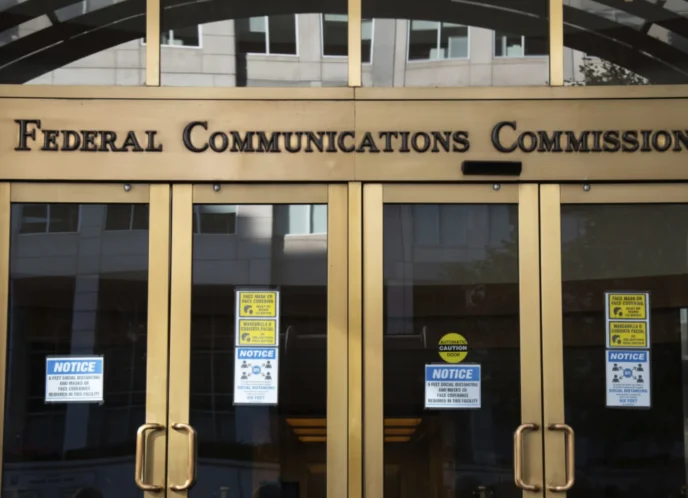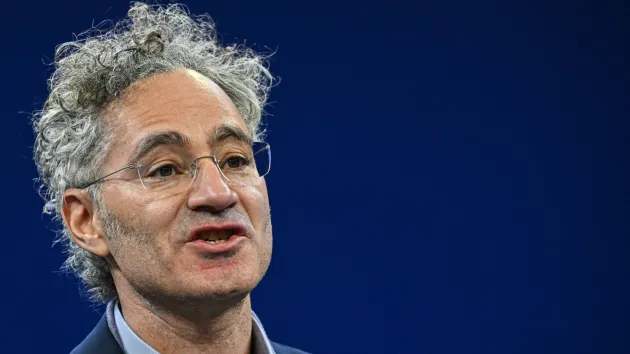Next week, the Center for Media Justice, the Center for Rural Strategies, and Free Press will be hosting the first Rural Broadband Summit and Hearing in Whitesburg, Kentucky. For our first Q&A, we caught up with Edyael Casaperalta, Research Associate at the Center for Rural Strategies.
The Center for Rural Strategies is a media and communications non-profit that seeks to portray compelling portraits of rural America and addresses rural issues via policy advocacy. One of Edyael’s roles at the organization is to coordinate the Rural Broadband Policy Group. The Rural Broadband Policy Group is a growing coalition of rural advocates that seek to articulate broadband policies that create opportunities for rural communities to participate fully in the nation’s democracy, economy, culture, and society, and to spark collaboration among rural advocates for fast, affordable, and reliable Internet. RBPG champions four Rural Broadband Principles that guide our efforts: Communication is a fundamental human right, rural America is diverse, Local ownership and Investment in community is priority, and Open Access and Network Neutrality are vital.
In between planning and preparing for the Summit, Edyael was kind of enough to answer some questions for the CMJ newsletter about her work, the upcoming Summit, and why rural communities need to get involved in the fight for Internet freedom.
CMJ: What are some of the important media justice issues facing community-based organizations and social justice advocates – particularly those based in rural areas?
EC: Access to high-speed Internet has become a basic necessity and was recognized by the UN as a human right. Today, we need high-speed Internet to apply for a job, obtain a college degree, communicate with our loved ones, stay informed, launch and manage a successful business, book travel, and many other activities that used to happen off-line. Recently, we have also seen international and national movements for social justice blossom on-line. What happens to rural, poor, and unserved areas if the revolution is happening on-line? What happens if progress comes only to communities that are connected?
For rural communities with less basic infrastructure (such as schools, libraries, banks, post offices, etc. . .) and fewer jobs, high-speed Internet access can be the difference between being part of our nation’s future or being left behind. Access to affordable high-speed Internet service, building competitive broadband infrastructure, and allowing communities to envision, build, and operate their own digital telecommunications networks are important media justice issues for rural areas.
CMJ: Give us some background on the Rural Summit and how it came to fruition.
EC: The Center for Media Justice, Free Press, and the Center for Rural Strategies are allies in the media justice movement, and had been in conversation about highlighting media justice issues from a particular rural analysis. Given the proposal of the AT&T and T-Mobile merger, we decided to highlight the impact that the takeover would have on rural communities. However, we wanted to do more than just say “no” to the merger, we wanted to also provide options that we can say “yes” to, and that’s how the Rural Broadband Summit was born.
The Rural Broadband Summit was designed as a space where rural advocates can gather to talk about the challenges to getting Internet service in rural communities, learn about policy opportunities that can help us get access, and discuss community-based solutions that can truly connect communities.
CMJ: Right now the proposed AT&T takeover of T-Mobile is a major hot topic, one that will be discussed at the Summit – why is this an important issue for rural communities and why is it important people speak out against it?
EC: If the merger takes place, rural communities, like the rest of the country, are likely to experience higher prices, fewer options, and rural carries will find more roadblocks to provide service to the rural populations they serve. Even though AT&T has presented this merger as the solution to connect rural areas, given their record, whether the merger is approved or not, rural areas are likely to continue to be neglected.
This struggle is not so much about any specific merger, but about the fact that serving rural communities is outside of the profit-interests of big telecommunications corporations, thus a corporate merger is not a solution. What’s really important for rural communities is figuring out what will connect unserved areas.
CMJ: Besides learning more about the Takeover, what other things can participants expect at the Rural Broadband Summit?
EC: Oh this is the point of the gathering and the question for rural advocates: what will connect rural communities to high-speed Internet service? Participants will have the chance to envision and share their own solutions, and we will share some timely policy issues like supporting community broadband networks, Universal Service Fund reform, and unlicensed spectrum.
CMJ: Last question – any recommendations for places to see or things to do while people are in Whitesburg for the Rural Summit?
EC: They should definitely check out Pine Mountain State Park and marvel at the beautiful Appalachian mountains and connect with advocates of the strong movement against mountain-top removal. Mountain-top removal is a coal-extraction practice that destroys mountains (by blowing off the top of the mountain), buries and pollutes streams in order to extract coal in order to produce the electricity our computers need.
Special thanks to Edyael for taking the time to answer our questions.
The Rural Broadband Summit will be held October 11-12th. For more information including the agenda, and to RSVP please go to www.savetheinternet.com.



